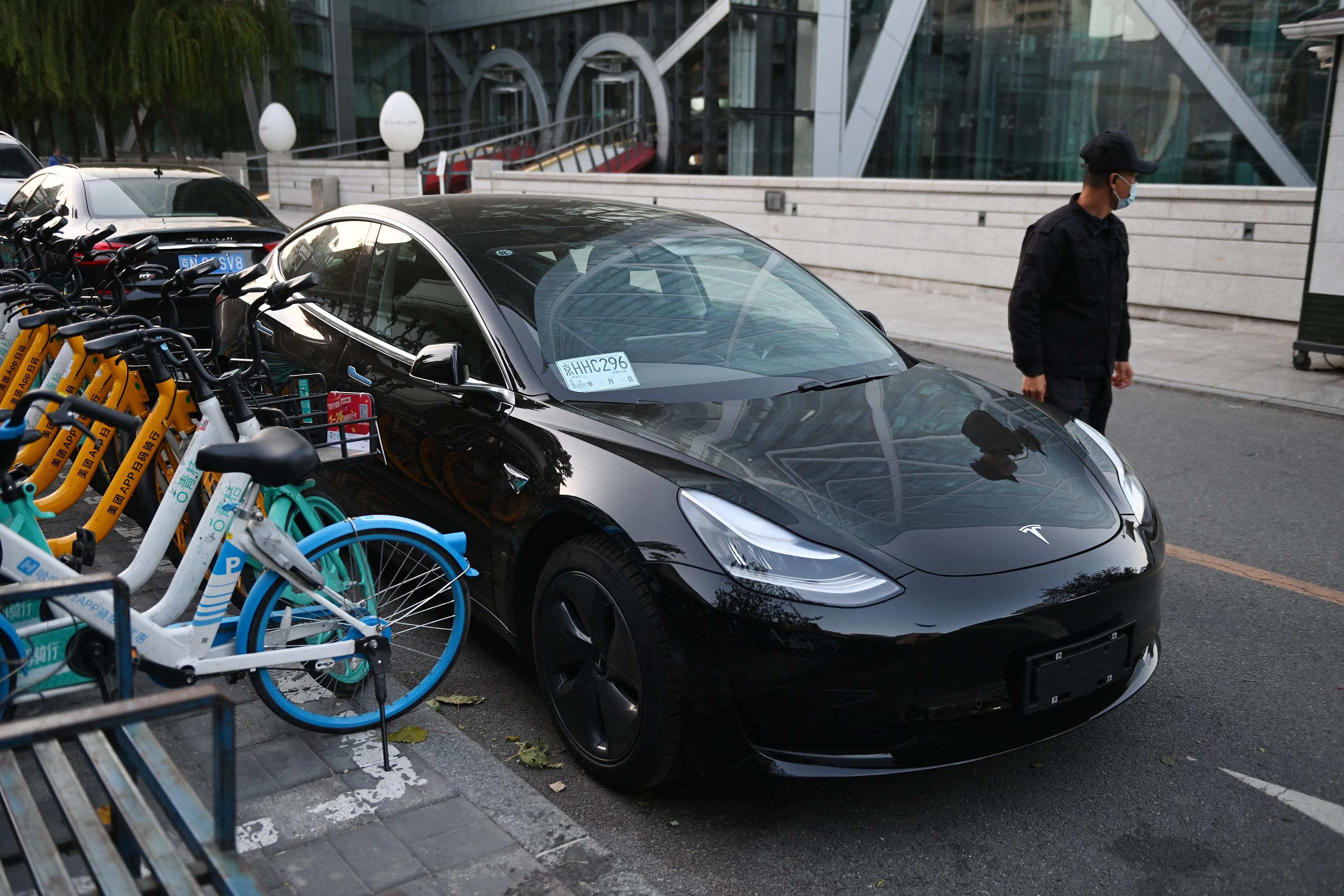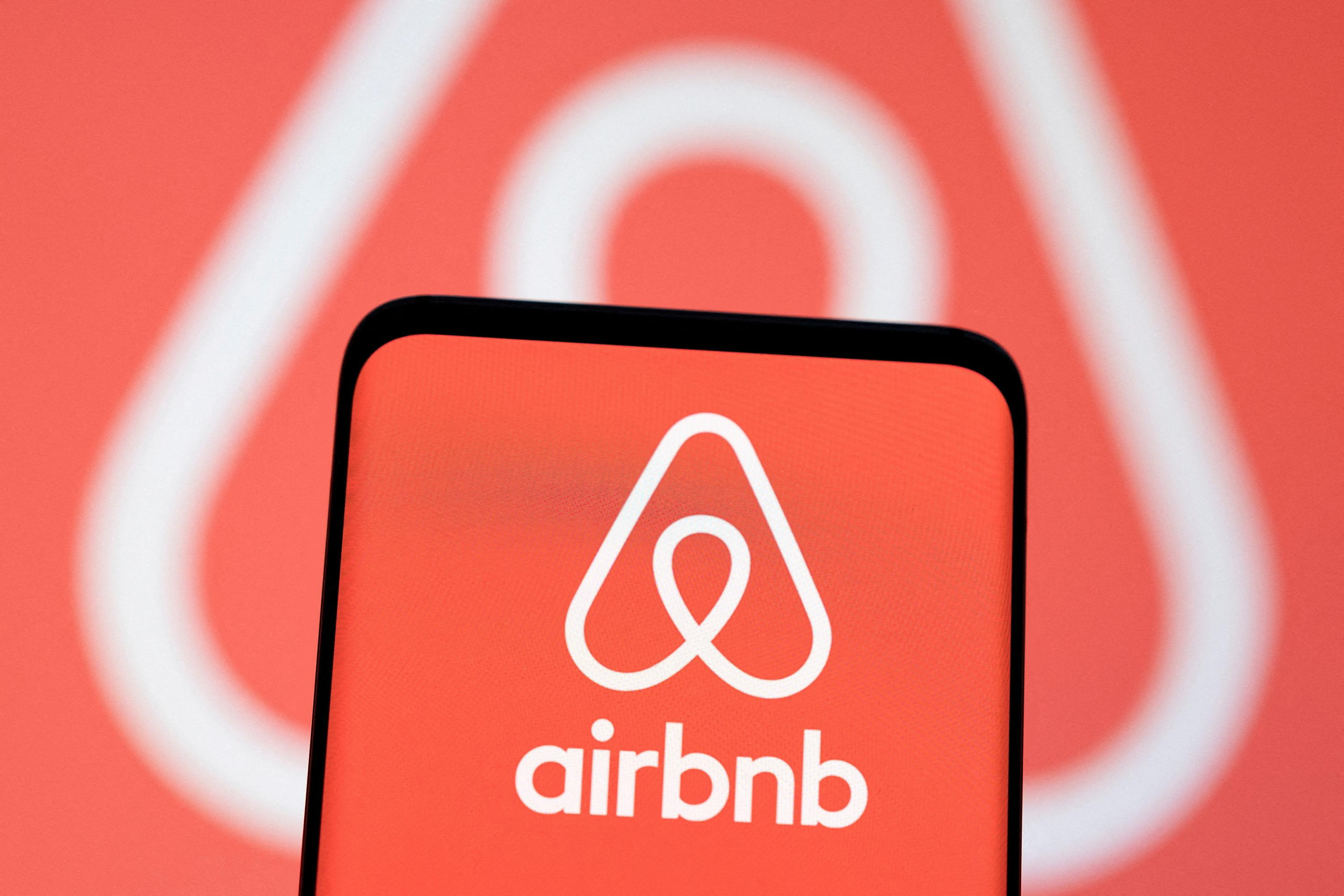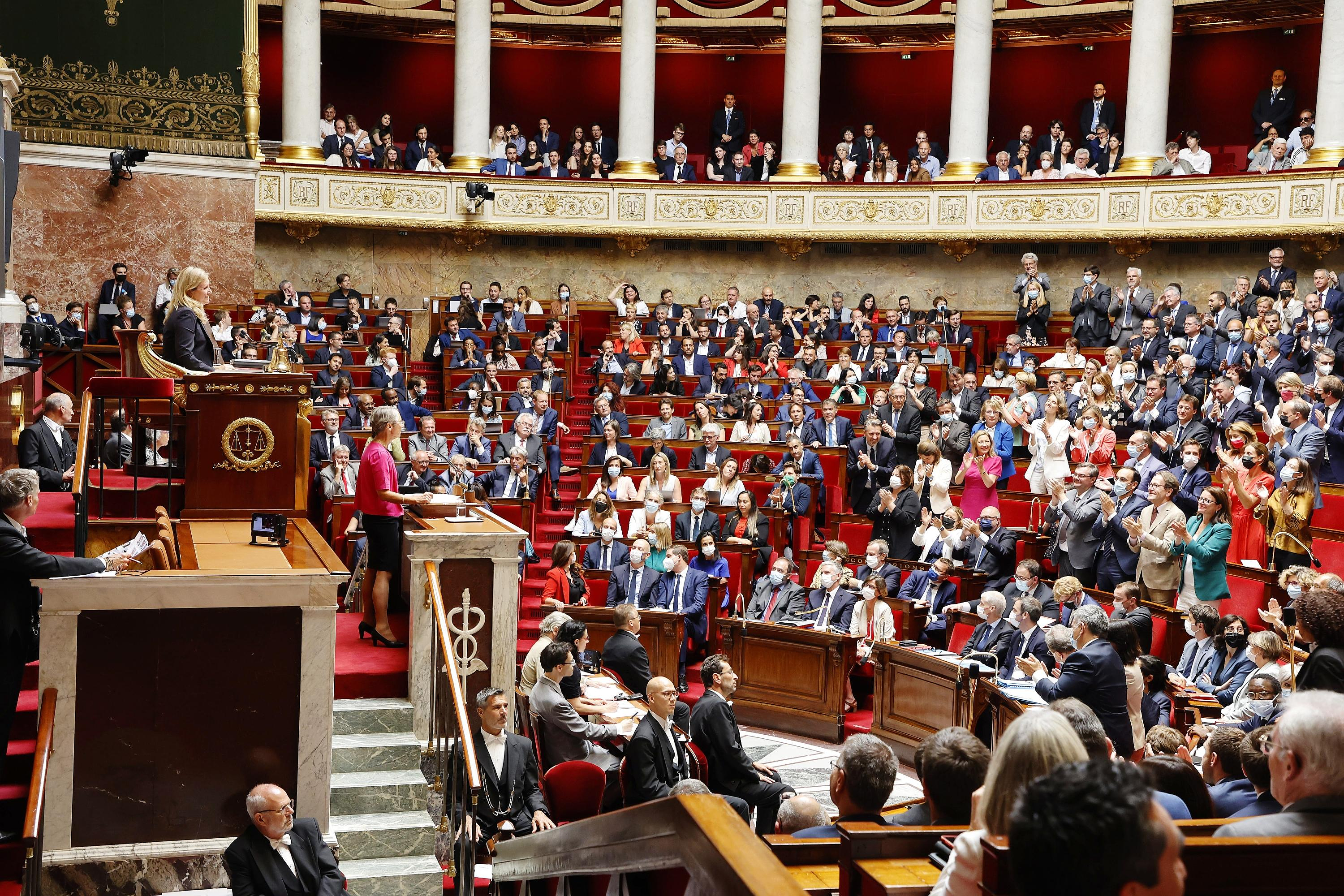This is a severe blow that has just been dealt to TikTok. The US Senate voted this Tuesday, April 23, in favor of a sale of the social network in the United States. The way is now clear for President Joe Biden, who should sign the text and promulgate the law this Wednesday. The Chinese group ByteDance, the parent company of TikTok, will then have almost a year to sell the social network to American players. If the ultimatum is not respected, TikTok will be banned from application stores, and therefore banned in a country where it has 170 million users, including almost two thirds of American teenagers.
A victory for all opponents of TikTok who have accused it for several years of compromising national security by allowing Beijing to access the data of American users. What the social network has always strongly denied. These suspicions led the Biden administration to ban TikTok from government apparatus more than a year ago. In the meantime, the social network has also suffered the wrath of the political class and public opinion for having made a part of American youth “addicted”. This resulted in the CEO of TikTok, Shou Zi Chew, being interviewed twice by the American Congress.
This express vote by the Senate came just three days after the green light from the House of Representatives by 360 votes to 58. The anti-TikTok bill was, in fact, part of a major military aid plan from the Biden administration to Israel, Ukraine and Taiwan totaling $95 billion. A timing which can be explained by the urgency of the situation in Israel as in Ukraine, which precipitated the examination of the text. The idea of including this anti-TikTok bill in a foreign policy package comes from the Republican Speaker of the House of Representatives, Trumpist Mike Johnson, who saw it as a way to rally more conservative votes to the plan. military aid.
A first version of this text had already been unanimously approved in mid-March by the representatives, taking ByteDance by surprise. But the hypothesis of a positive vote in the Senate seemed uncertain due to the lack of consensus on this subject within the Democratic and Republican camps. Opponents threatened to invoke the freedom of expression enshrined in the First Amendment to the Constitution to block the text.
The new version of the text voted on this evening, more consensual, gives ByteDance almost a year to cut ties with TikTok, compared to six months previously. It is in reality a period of nine months, with the possibility for the American president to extend it (once only) by 90 days. A more realistic timing for concluding the sale of the company, according to several opponents of the first version of the bill.
However, this transfer remains uncertain. ByteDance has repeatedly warned that it would oppose a forced sale. For the Chinese group, this bill therefore amounts to an outright ban on TikTok in the United States. ByteDance sees this as just another episode in the battle between China and the United States. He should immediately challenge this decision in court. Content creators, whose income depends on the platform, could also challenge the decision in court.
To complete the sale, it also remains to find buyers willing to pay at least $100 billion to acquire the ByteDance subsidiary, which achieved $16 billion in turnover last year. There are not many candidates at this stage. Apart from Bobby Kotick, the former boss of the video game publisher Activision who would have submitted the idea of a joint offer notably to the CEO of OpenAI Sam Altman, and the former Secretary of State of the Treasury Steven Mnuchin, who is reportedly in the process of putting together a pool of investors, the name of no other suitor has leaked.
While many unknowns remain regarding the outcome of this issue, this vote nonetheless remains a first in the United States. Four years ago, Donald Trump also wanted to ban TikTok, unless the Chinese social network was sold to an American company. A sale to Microsoft or Oracle had even been considered. But he chose to go through several presidential decrees which were overturned by two federal judges from separate jurisdictions, in September and December 2020. In the end, Joe Biden - who had since succeeded Trump - did not contest these decisions. Then Montana, which was the first state to outlaw TikTok in May 2023, was finally rejected.
If the ban were to materialize, the United States would follow in the footsteps of other countries that have already banned TikTok, including India (2020), Pakistan and Afghanistan.

 Who was Dror Or, the Israeli father who died as a hostage in the hands of Hamas?
Who was Dror Or, the Israeli father who died as a hostage in the hands of Hamas?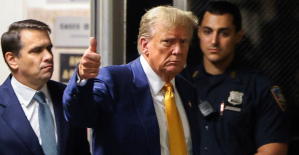 “Pay in cash”: at his trial, Donald Trump faced with an embarrassing recording
“Pay in cash”: at his trial, Donald Trump faced with an embarrassing recording Italy: a grandmother accidentally serves a bottle filled with wine to a baby, he has an alcoholic coma
Italy: a grandmother accidentally serves a bottle filled with wine to a baby, he has an alcoholic coma The mysterious skeletons of Hermann Göring's villa
The mysterious skeletons of Hermann Göring's villa Children born thanks to PMA do not have more cancers than others
Children born thanks to PMA do not have more cancers than others Breast cancer: less than one in two French women follow screening recommendations
Breast cancer: less than one in two French women follow screening recommendations “Dazzling” symptoms, 5,000 deaths per year, non-existent vaccine... What is Lassa fever, a case of which has been identified in Île-de-France?
“Dazzling” symptoms, 5,000 deaths per year, non-existent vaccine... What is Lassa fever, a case of which has been identified in Île-de-France? Sánchez cancels his agenda and considers resigning: "I need to stop and reflect"
Sánchez cancels his agenda and considers resigning: "I need to stop and reflect" After 50 years of existence, “Numbers and Letters” will disappear from the France Télévisions channels
After 50 years of existence, “Numbers and Letters” will disappear from the France Télévisions channels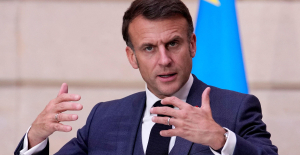 Macron reaffirms his desire not to increase taxes
Macron reaffirms his desire not to increase taxes The expulsion of families of delinquents from HLM reinforced in the future Housing law?
The expulsion of families of delinquents from HLM reinforced in the future Housing law? Health carpooling, this source of savings which arouses the ire of patients and taxis
Health carpooling, this source of savings which arouses the ire of patients and taxis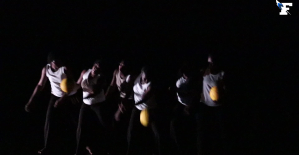 The incredible musical juggling of the Basketteuses de Bamako
The incredible musical juggling of the Basketteuses de Bamako Death of Frank Stella, the most spectacular painter-sculptor
Death of Frank Stella, the most spectacular painter-sculptor Film buff's memories of the Champs-Élysées, by Éric Neuhoff
Film buff's memories of the Champs-Élysées, by Éric Neuhoff Madonna thrills Brazilians on Copacabana beach
Madonna thrills Brazilians on Copacabana beach Omoda 7, another Chinese car that could be manufactured in Spain
Omoda 7, another Chinese car that could be manufactured in Spain BYD chooses CA Auto Bank as financial partner in Spain
BYD chooses CA Auto Bank as financial partner in Spain Tesla and Baidu sign key agreement to boost development of autonomous driving
Tesla and Baidu sign key agreement to boost development of autonomous driving Skoda Kodiaq 2024: a 'beast' plug-in hybrid SUV
Skoda Kodiaq 2024: a 'beast' plug-in hybrid SUV The home mortgage firm rises 3.8% in February and the average interest moderates to 3.33%
The home mortgage firm rises 3.8% in February and the average interest moderates to 3.33% This is how housing prices have changed in Spain in the last decade
This is how housing prices have changed in Spain in the last decade The home mortgage firm drops 10% in January and interest soars to 3.46%
The home mortgage firm drops 10% in January and interest soars to 3.46% The jewel of the Rocío de Nagüeles urbanization: a dream villa in Marbella
The jewel of the Rocío de Nagüeles urbanization: a dream villa in Marbella Facing Jordan Bardella, the popularity match turns to Gabriel Attal’s advantage
Facing Jordan Bardella, the popularity match turns to Gabriel Attal’s advantage Europeans: a senior official on the National Rally list
Europeans: a senior official on the National Rally list Blockade of Sciences Po: the right denounces a “drift”, the government charges the rebels
Blockade of Sciences Po: the right denounces a “drift”, the government charges the rebels Even on a mission for NATO, the Charles-de-Gaulle remains under French control, Lecornu responds to Mélenchon
Even on a mission for NATO, the Charles-de-Gaulle remains under French control, Lecornu responds to Mélenchon These French cities that will boycott the World Cup in Qatar
These French cities that will boycott the World Cup in Qatar Paris 2024 Olympics: Mbappé does not “think much” about the Games
Paris 2024 Olympics: Mbappé does not “think much” about the Games Rugby: a young pillar of the Vienna club, in the 3rd division, died in a car accident
Rugby: a young pillar of the Vienna club, in the 3rd division, died in a car accident Premier League: beaten by Liverpool, Tottenham moves away from the Champions League
Premier League: beaten by Liverpool, Tottenham moves away from the Champions League Bundesliga: Leverkusen easily disposes of Frankfurt, 48th consecutive match without defeat
Bundesliga: Leverkusen easily disposes of Frankfurt, 48th consecutive match without defeat




